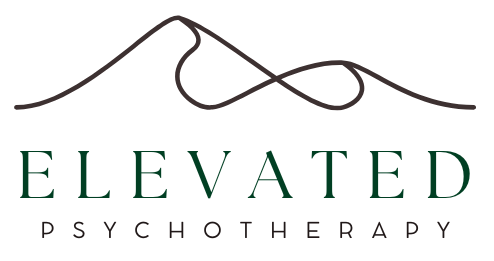
Navigating relationships as a neurodivergent adult can be challenging. Clear communication is essential for reducing misunderstandings and fostering connection. Using DBT skills like DEAR MAN, GIVE, and FAST can improve communication and help you maintain a healthy relationship.
Communication Issues with ADHD
Use DEAR MAN to Express Your Needs
DEAR MAN (Describe, Express, Assert, Reinforce, Mindful, Appear confident, Negotiate) helps you express your needs clearly and respectfully. Start by describing the situation without judgment, then express your feelings and needs. Assert yourself by stating what you want directly, and reinforce your request by explaining how it benefits both of you. Stay mindful of your goal, appear confident, and be willing to negotiate.
For example, if a friend often interrupts you, you could say:
“I’ve notice that when I’m speaking, you tend to interrupt (Describe). I feel frustrated when I can’t finish my thoughts (Express). I need space to complete my ideas (Assert). It’ll help me feel heard, which will strengthen our connection (Reinforce).”
Use GIVE to Build and Maintain Relationships
The GIVE (Gentle, Interested, Validate, Easy manner) skill ensures your approach to communication strengthens relationships. Be gentle in your delivery, show interest in the other person’s thoughts, and validate their feelings. An easy manner, like using humor or a relaxed tone, keeps the conversation light and friendly.
When discussing sensitive topics, GIVE helps others feel valued. For instance, if your partner shares something difficult, respond with kindness and validation:
“I can see why that would be hard for you (Validate). I’m really interested in hearing more (Interested).”
Use FAST to Maintain Your Self-Respect
The FAST (Fair, Apologies, Stick to values, Truthful) skill ensures that while communicating, you maintain your self-respect. Be fair to yourself and the other person, avoid unnecessary apologies, and stick to your values. Always be truthful, even if it’s uncomfortable.
If someone asks you to do something against your values, FAST can guide your response. You might say:
“I understand why you’re asking (Fair), and I can’t agree to this (Stick to values). It doesn’t feel right for me (Truthful).”
Final Thoughts
Lastly, managing relationships as a neurodivergent adult requires effective communication and mutual understanding. By using DBT skills like DEAR MAN, GIVE, and FAST, you can express your needs, strengthen connections, and maintain self-respect. These tools will help you reduce misunderstandings and foster healthier relationships.
If you feel like your ADHD is impacting your relationships and need additional support, reach out to me to see how I can help!
Share This Story
Ashley M. Allen, PsyD is a Colorado-based licensed clinical psychologist who sees clients virtually nationwide through PSYPACT. Dr. Allen specializes in LGBTQ+, alternative lifestyles, emotional disorders, ADHD, BPD and chronic illness. Stay tuned to her blog for tips on mental wellness.


